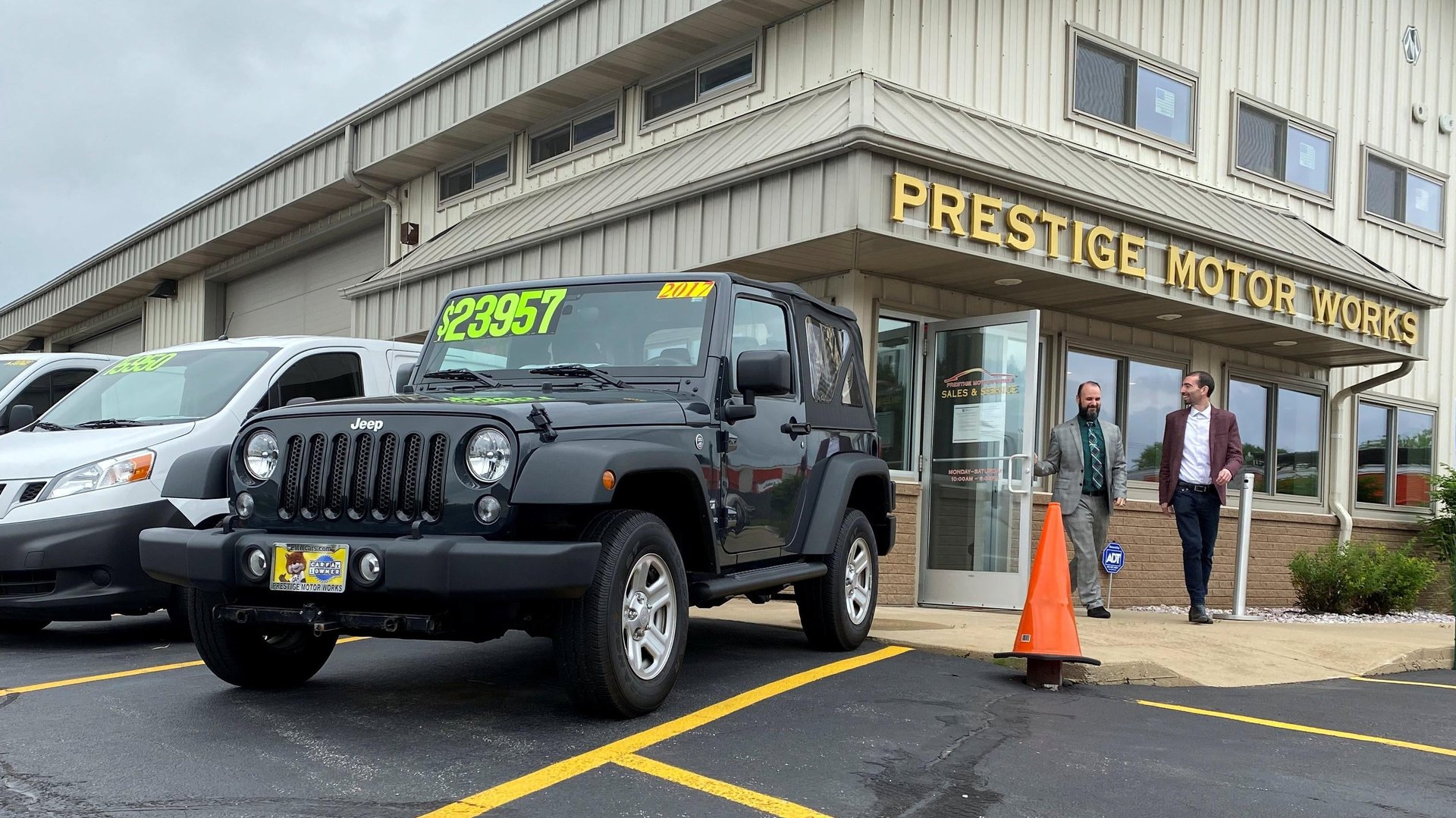US inflation is once again about used car prices
As a category in the consumer price index, used cars have been dominating US inflation data readings since 2020

For three years now, used cars have been at the center of inflation dynamics in the US. In 2020, there were several months where used cars kept the US from entering into disinflation. Then, in June 2021, as inflation began to kick off, used cars made up a third of the year-on-year inflation rate.
Suggested Reading
During that summer, manufacturers struggled to procure parts and chips for new cars, and it wasn’t clear how far-reaching or persistent these supply chain issues would be. By October, however, economists realized that supply problems overall in the economy were going to make inflation sticky, and prices rose in several other sectors. At that point, inflation was no longer just about used cars.
Related Content
Now, however, the used-car trend line is back. In the most recent Consumer Price Index (CPI) report, used car prices rose by 4.4% month-over-month after declining for nine straight months, pushing up the overall inflation figure. This reflected a rise in wholesale car prices earlier in the year that the previous CPI calculations hadn’t digested yet, and that showed up in the April figures. (The index lags price indicators in the private sector.) But more real-time data shows that prices started to drop in April, which means used car inflation will retreat again later in future CPI reports. (On an annual basis, used car prices are still down 6.6%.)
US prices of used cars will drop again soon
This time, however, it isn’t just used cars dominating the inflation reading. Declines in new car prices and discounts on various services, such as transportation and medical care, helped even out the CPI data and dial annual inflation down from 5% in March to 4.9% in April.
As new car purchases rebound and consumers spend their income tax refunds, the used car market is likely to cool back down again, wrote Skanda Amarnath, an economist at Employ America, a labor advocacy group.
Core inflation—an important measure that strips out volatile energy and food prices and often determines the future of inflation—without used cars and auto insurance would have risen by a mere 0.2% (instead of the 0.4% expected by economists), Dean Baker, an economist who co-founded the Center for Economic Policy Research, said on Twitter.
